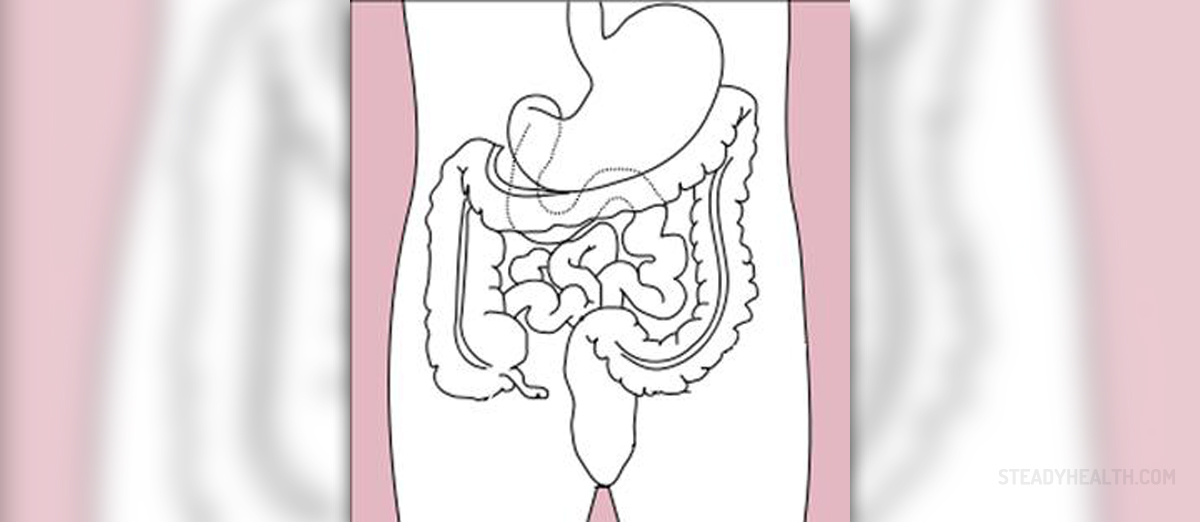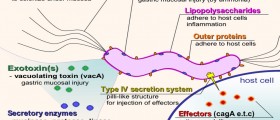
Gastritis is a condition characterized by the inflammation of the stomach lining. It can be acute or chronic and it is often associated with Helicobacter pylori, a bacterium responsible for stomach ulcers. It may also occur due to the overuse of non-steroidal anti-inflammatory drugs or due to alcoholism and bad eating habits.
Gastritis involves symptoms such as nausea, vomiting and pain or discomfort in the upper abdomen.
This condition, if untreated, can lead to complications such as stomach ulcers and cancer. Fortunately, if caught on time, it can be treated very effectively.
Treatment for chronic gastritis
In most cases, chronic gastritis is associated with Helicobacter pylori. No treatment will be effective unless the bacteria are eradicated completely from the stomach. Along with the medications prescribed for the bacteria, doctors usually recommend antacids and other drugs that protect and help regenerate the lining of the stomach.
Most treatment plans for chronic gastritis involve antibiotics to kill H. pylori. It is usually a combination of antibiotics, which may vary from country to country. In the United States, the treatment usually consists of amoxicillin, clarithromycin, tetracycline and metronidazole. The treatment with antibiotics in most cases lasts at least two weeks.
Along with this treatment, doctors prescribe drugs that promote healing of the stomach lining. Drugs such as proton pump inhibitors, block or limit the production of stomach acid, so it cannot irritate the lining of the stomach. These drugs may be prescription-only or over-the-counter.
There are also drugs that neutralize the acid already produced in the stomach, called antacids, and acid blockers, which reduce the amount of the acid produced.
Lifestyle and home remedies for chronic gastritis
Along with medications, a person suffering from chronic gastritis will also have to adopt certain lifestyle changes and possibly use some of the home remedies.
As for the lifestyle changes, they mainly regard the eating habits. The patient is advised to divide the food into more frequent but smaller meals, to avoid irritating foods, such as spicy, acidic and fatty foods, to avoid alcohol, coffee and sodas, and to eat the last meal of the day at least four hours before bedtime, not later.
Stress management is also an important factor in the treatment of chronic gastritis. A generally healthy lifestyle, with plenty of physical activity and without unhealthy habits is generally recommended.
For those who have developed gastritis due to overuse of certain pain relievers, especially those of the NSAID group, doctors may recommend alternative ways to relieve the pain, which will not be harmful for the stomach.

















Your thoughts on this
Loading...